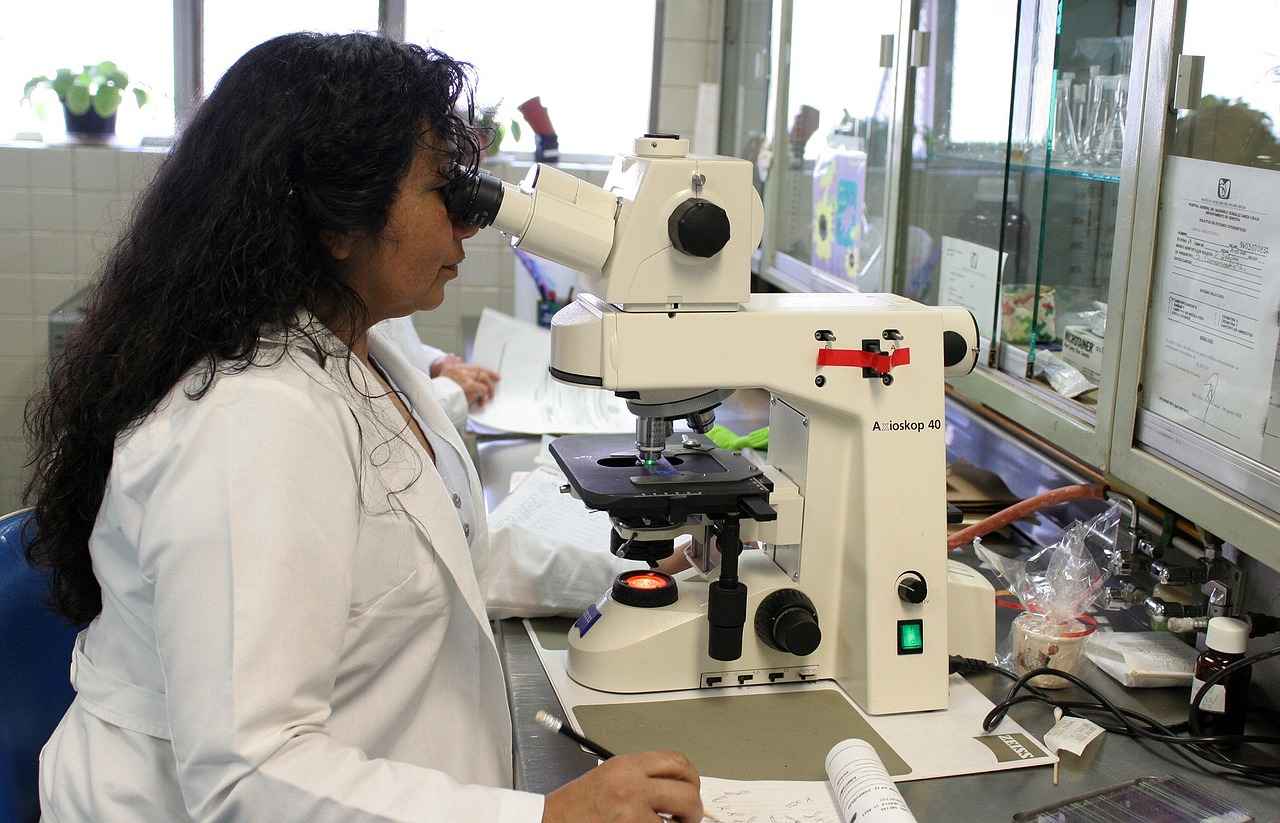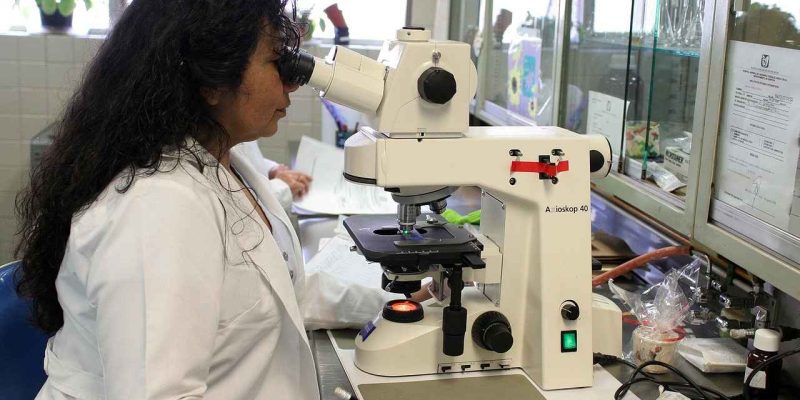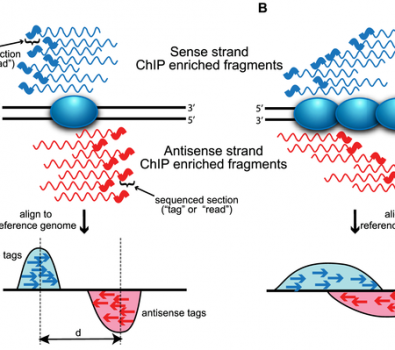The health sector is one of the most technology-driven industries in the world, playing an increasingly important role in providing quality healthcare to people around the globe and in all kinds of environments, from inside their own homes to within controlled medical settings.
From electronic medical records and telemedicine to artificial intelligence and robotics, technology has had a huge impact on how health services are delivered and experienced. To the advantage of the patient, carer, or management, Home health care software can help deliver services that are more efficient and budget-friendly. This is because software tools can better track everything that we need to record from patient details to financial records.
This article will look at how software technology allows the health sector to function as efficiently as it does.

Better Contact with Patients
Through health technology, care providers can connect more easily with their patients, monitor them more closely, diagnose illnesses faster, and provide treatments that are tailored to each individual’s needs. Technology also enables us to better understand our bodies through data analysis and predictive analytics. By leveraging technology in this way, we can improve patient outcomes while reducing costs for both patients and providers alike.
Caring within the health sector is all about regular patient contact and everything has to be centered around that. A good system needs to be in place that works well to ensure quality care is delivered on time. The software available now has improved many healthcare situations because of the way it has recorded and analyzed important data in the process.
Also Read: Applications of Stem Cell Research
Data-Driven Diagnostics
Technology has enabled health systems to access and analyze vast amounts of data, allowing them to develop more accurate diagnoses and make more informed decisions. This can help healthcare providers better understand diseases, track patient outcomes, and improve the safety of practices.
Analysis helps no matter what area of healthcare we are talking about. We need that capability to understand data to our advantage.
Remote Monitoring Technology
Healthcare technology also enables remote monitoring of patients, as it allows professionals to remotely keep track of patients’ vital signs, medication levels, and more, providing greater insights into the overall health of their patients in actual time.
To be able to keep a close eye from a distance means that staff can be elsewhere when they might be needed yet a patient not forgotten who needs to be looked after more closely.
Specialized Technology
Specialized technology is also being used to manage chronic conditions like diabetes and hypertension. This technology can track a patient’s activity levels, blood sugar levels, and other vital signs to provide better-personalized care plans that can help to prevent further health complications.
It can also be used to better inform systems of potential health risks and provide targeted interventions to reduce the chance that a patient will need more extensive care. With technology’s increasingly important role in healthcare, those providing care need to understand how it can be leveraged most effectively to achieve the best possible patient outcomes.
By leveraging technology in this way, healthcare providers can create a more efficient and connected health system that is better equipped to meet the needs of patients around the globe.
With the ongoing technological advancements, it is for every sector to keep up. When it can benefit patient care it should be used for certain. Then all those connected with patient care can benefit too from the experience of using it.
Also Read: 8 Steps Towards Fit And Healthy Life
Conclusion
Overall, technology is revolutionizing how health services are delivered and experienced. The possibilities that it offers to the health sector are virtually limitless and will continue to shape the future of the sector. By utilizing technology in the right way, health systems can improve patient outcomes while reducing costs and increasing efficiency.
As innovations continue to be made, software solutions will become even more integral to the sector and improve healthcare for everyone.




